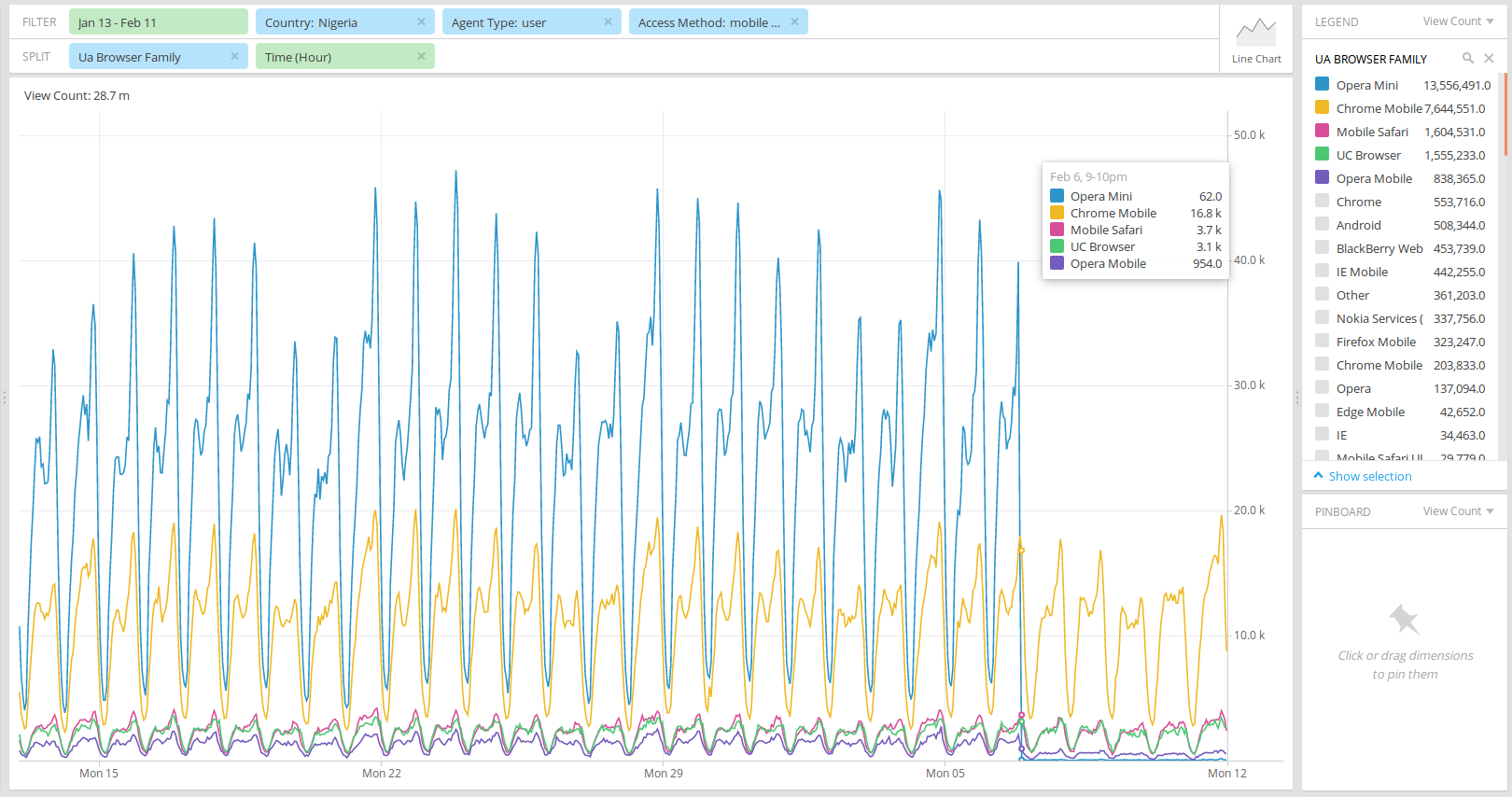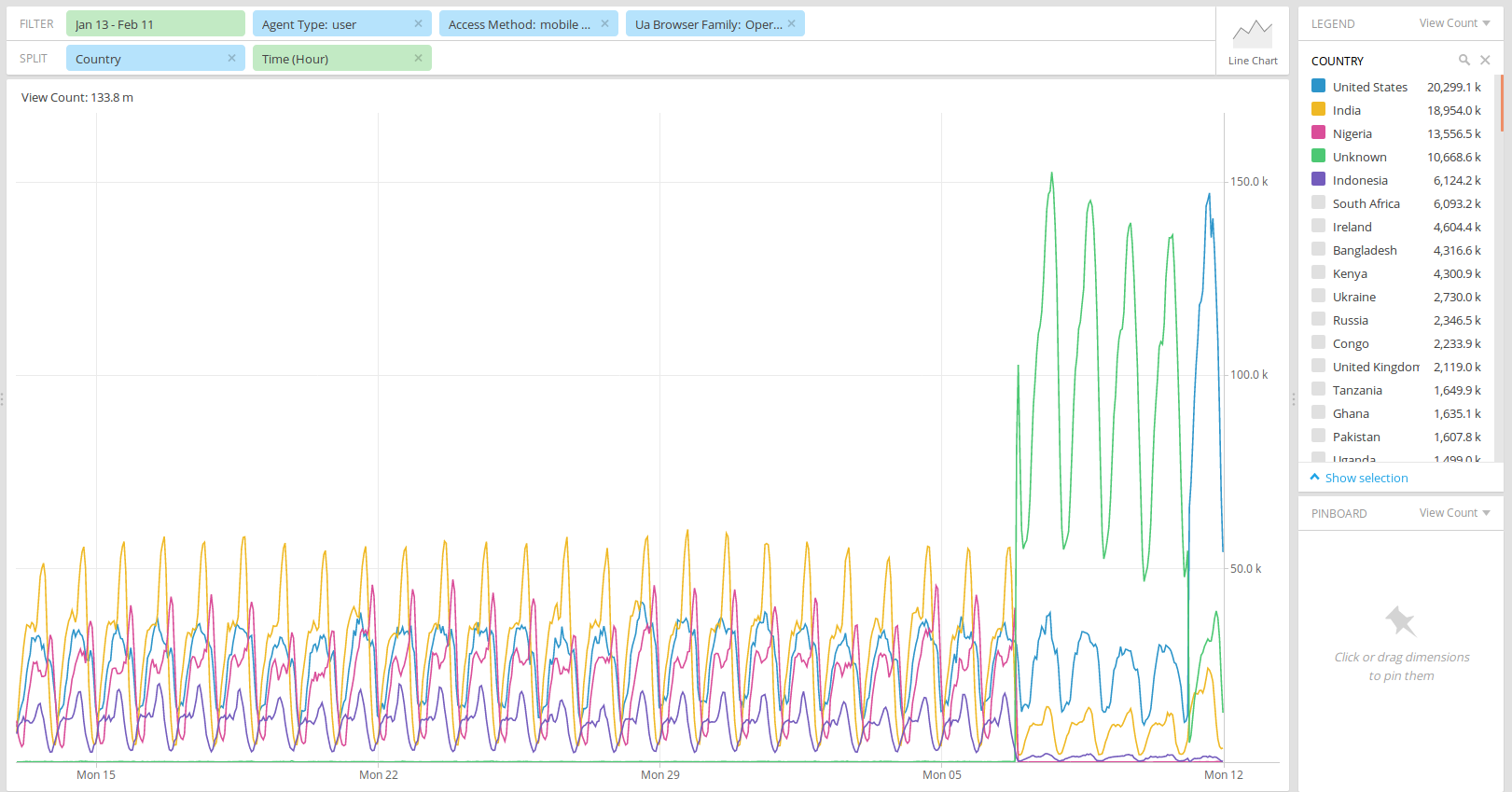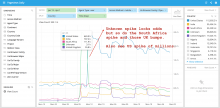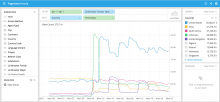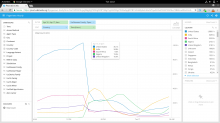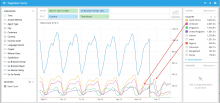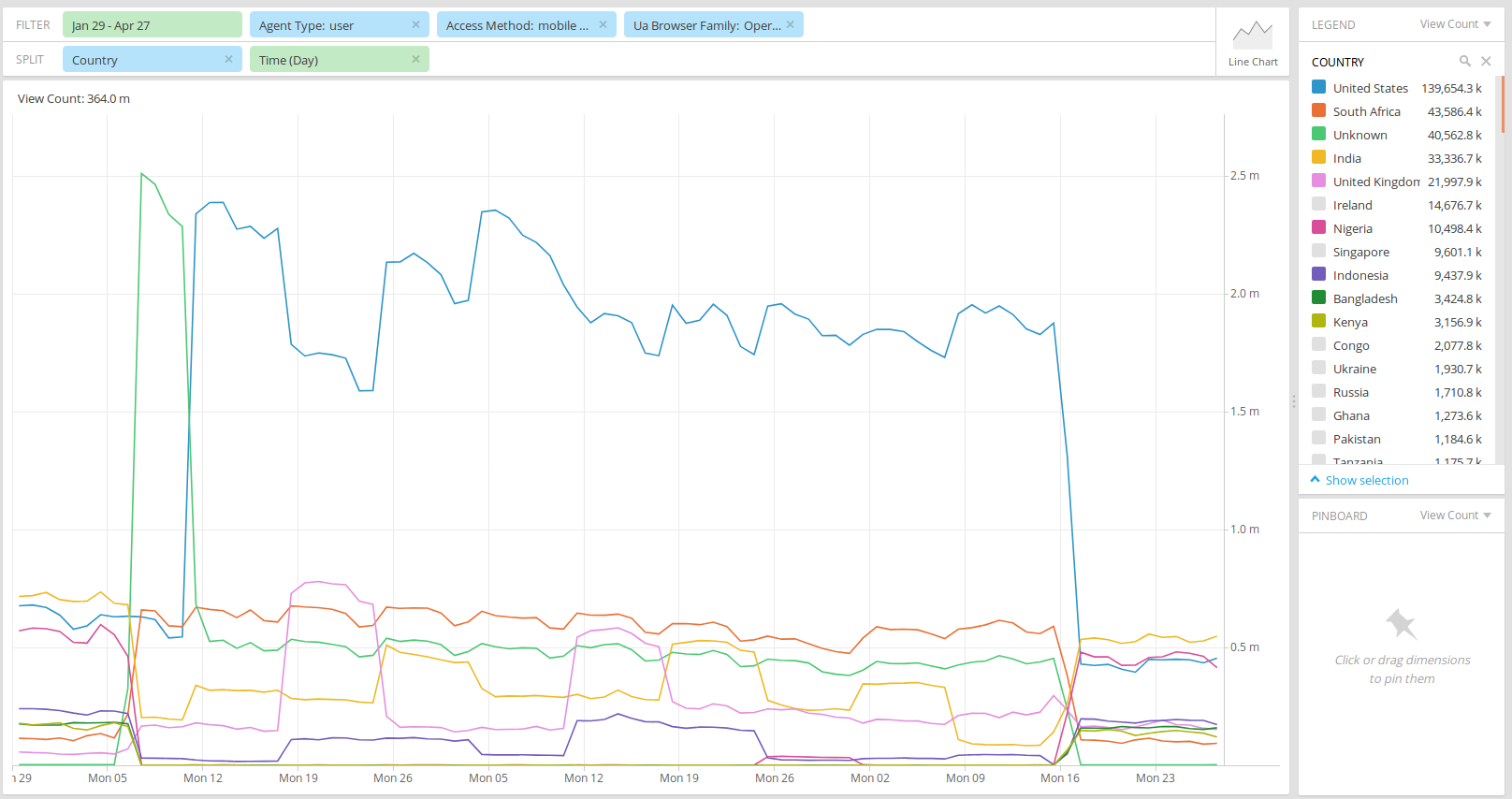Between 20:00 and 21:00 UTC on February 6, Opera Mini pageviews in Nigeria dropped to almost zero, and have not recovered since:
Other countries, browsers (apart from Opera Mobile) or access methods seem not affected. I.e. desktop and app traffic in Nigeria, or Opera Mini traffic globally, does not appear to have dropped substantially.
This ticket did not have an analytics tag until the 3rd of April, although two members of the Analytics Engineering team have been CCed since February 12.
